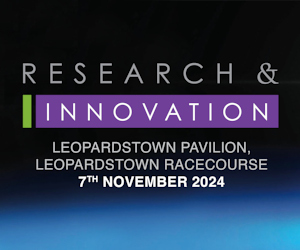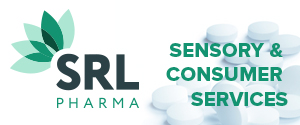Horizon Prize for ‘better use of antibiotics’ has been launched!

This €1 million prize addresses the issue of the unnecessary use of antibiotics, which is contributing to the growing problem of antibiotic resistance. The challenge is to develop a rapid test that will allow healthcare providers to distinguish at the point of care between patients with upper respiratory tract infections that require antibiotics and those that can be treated safely without antibiotics.
Why this Prize?
Antimicrobial agents – such as antibiotics – have dramatically reduced the number of deaths from infectious diseases since their introduction 70 years ago. However, through overuse and misuse, many micro-organisms have become resistant to them. It is estimated that each year this growing “antimicrobial resistance” (AMR) causes some 25 000 deaths and over €1.5 billion in healthcare expenses and productivity losses in Europe alone.
Upper respiratory tract infections (such as the common cold, bronchitis and infections of the sinuses, the middle ear and the throat) are a major reason for the prescription of antibiotics, even though many of these infections are due to viruses, where antibiotics are neither effective nor necessary.
Antimicrobial resistance is one of the greatest challenges facing society today and has led to various complementary initiatives such as the European Antibiotic Awareness Day and theLongitude Prize on Antibiotics.
Challenge
The Horizon Prize for better use of antibiotics will be awarded for a rapid test to identify, at the point of care, patients with upper respiratory tract infections that can be treated safely without antibiotics.
The test will need to be cheap, rapid, easy-to-use for healthcare providers and non- or minimally invasive for patients. By stopping many patients from taking antibiotics needlessly, it will prevent the side effects of such unnecessary treatment, eliminate the cost of prescribing the antibiotics and, most importantly, decrease the development of resistant bacteria.
The rules of the contest specify the targets that need to be met but do not prescribe the methodology or any technical details of the test, thereby giving applicants total freedom to come up with the most promising and effective solution, be it from an established scientist in the field or from an innovative newcomer.
Schedule
The contest has been launched and will run until the end of 2016. Contestants will be able to submit their entries from 10 March 2015 until 17 August 2016. The rules of contest are available online.







